New Zealand Could Delay Election After Virus Return
New Zealand's looming general election could be delayed, Prime Minister Jacinda Ardern warned Wednesday, as the shock re-emergence of the coronavirus sent the country's largest city into lockdown and forced nursing homes nationwide to shut their doors.
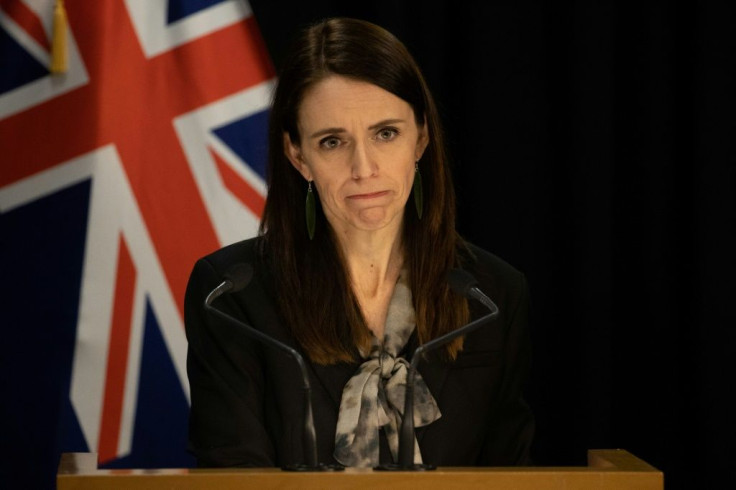
Ardern said authorities were scrambling to trace anyone who had been in contact with four Auckland residents whose positive tests on Tuesday ended the country's envied run of 102 days without community transmission.
A three-day stay-at-home order for Auckland -- a city of 1.5 million people -- went into force at lunchtime on Wednesday, ending weeks of near normality, when thousands had flocked to restaurants and filled rugby stadiums.
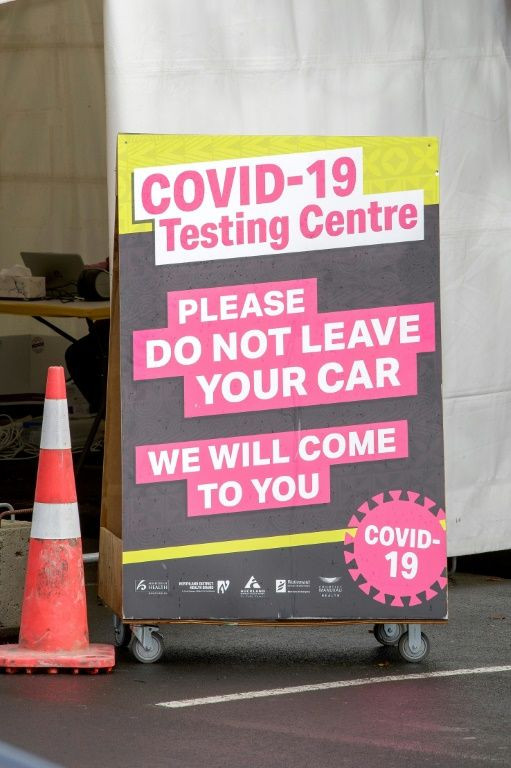
Panic buying returned to supermarkets, huge queues formed at COVID-19 testing stations and face-masked police manned roadblocks on major roads to enforce the new measures.
Ardern warned the September 19 election may be have to be delayed if the outbreak could not be contained.
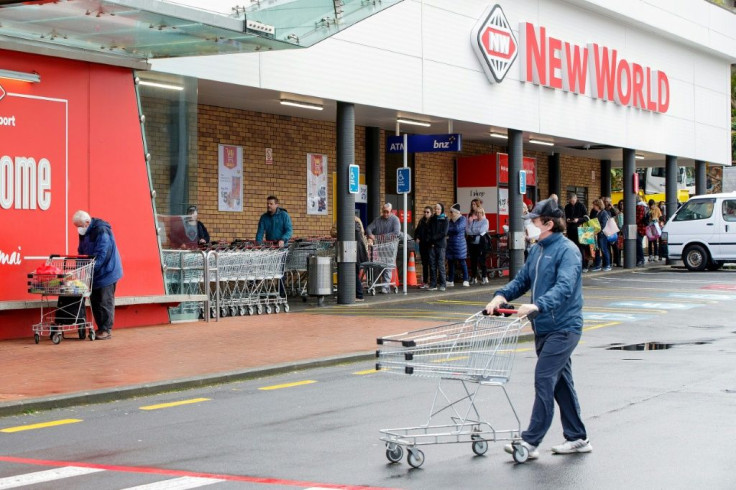
"We're seeking advice from the Electoral Commission, just so that we make sure we have all options open to us," she said. "No decisions yet, as you can imagine, have been made."
New Zealand's parliament had been due to be dissolved Wednesday, to allow the election to go ahead.
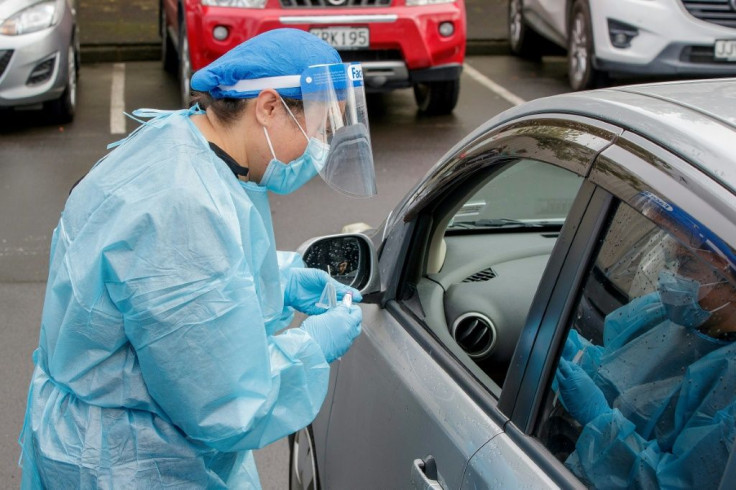
In a statement, the legislature said that step "will no longer be held today" but could be done any time before 13 October 2020, potentially pushing the election out by months.
Health officials were also locking down aged care homes across the country because they could act as transmission hotspots.
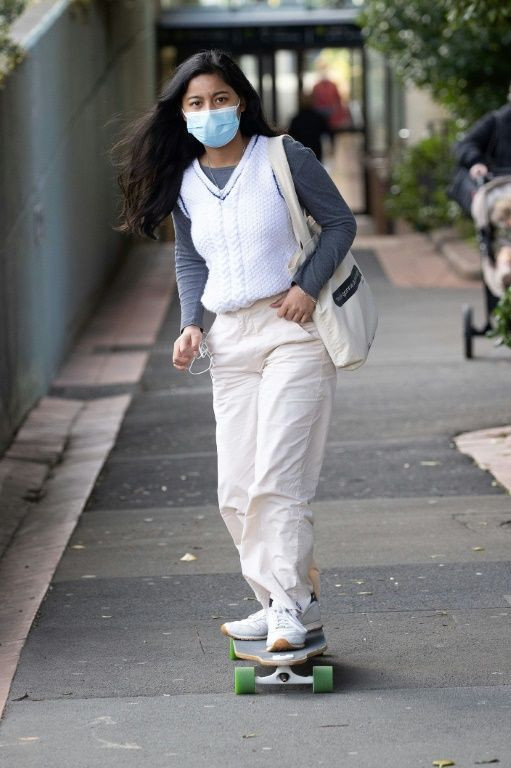
"I realise how incredibly difficult this will be for those who have loved ones in these facilities, but it's the strongest way we can protect and look after them," Ardern said.
Director-general of health Ashley Bloomfield acknowledged the heartbreak of many Kiwis as they come to terms with the return of a virus many thought had been defeated.
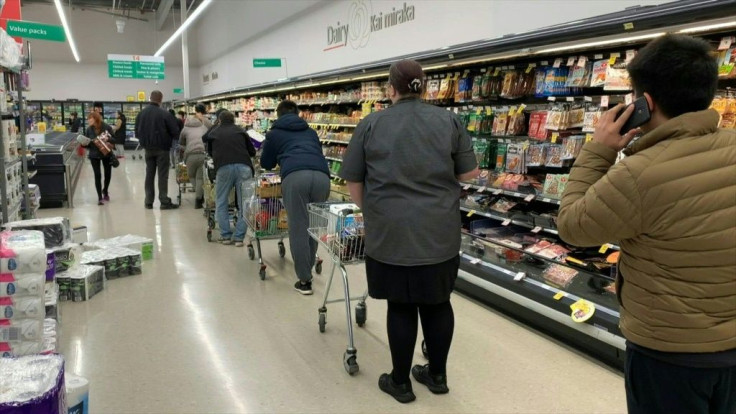
"I know the virus re-remerging in our community has caused alarm and the unknown is scary," he said. "(But) we've been here before, we can get through it if we work together."
New Zealand had been held up by the World Health Organization as an example of how to contain the disease after recording only 22 deaths in a population of five million, and halting community transmission for more than three months.
Ardern described the new cases as "unsettling" but said all efforts were being made to retrace the steps of the Auckland family of four who contracted it from an unknown source.
Her centre-left Labour Party has been riding high in opinion polls, largely on the back of its success containing the virus through a strict seven-week lockdown earlier this year.
With campaigning temporarily halted by the latest virus scare, the conservative National Party said it was open to a delay if circumstances warranted.
"It's going to be very difficult to have an election in mid-September when we are now mid-August. It is very little time," National leader Judith Collins told TV3.
The initial lockdown is only for three days but University of Otago epidemiologist Amanda Kvalsvig said it could last much longer if the source of the infection was not found swiftly.
"The aim is to return to alert level one (New Zealand's lowest) and regain elimination status -- but that won't happen overnight," she said.
"Even after we stop seeing new cases it'll take time and extensive testing to be sure the virus is once more under control."
The final match of Super Rugby Aotearoa -- which had been set to take place in front of a sold-out 43,000 crowd at Eden Park on Sunday -- is also in doubt.
The Auckland Blues said its players had been sent home to await advice on whether they can host the weekend's blockbuster match against newly-crowned champions, the Canterbury Crusaders.
© Copyright AFP 2024. All rights reserved.





















